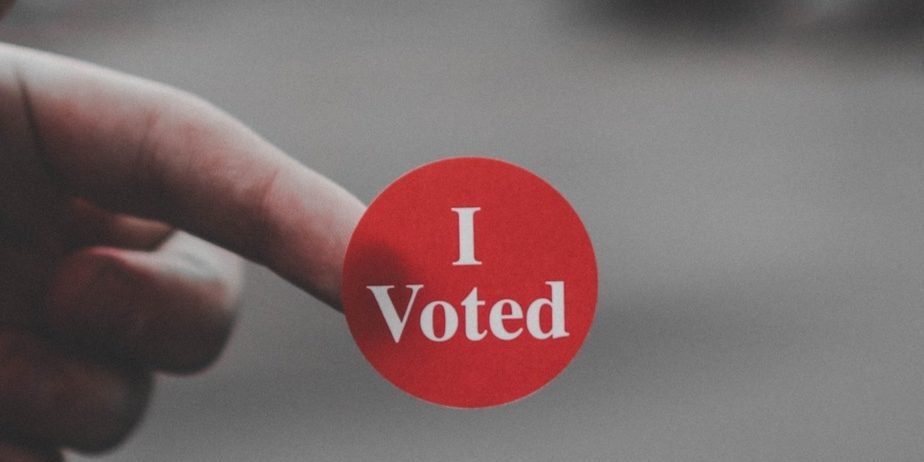Debate over whether date of general election will affect student vote
Debate has risen over the effect of the general election voting date on the turnout of university students.
The date chosen for the upcoming election is out of term-time for a majority of universities, leading to concerns that it will impact how and where students vote.
Analysing for the Wonkhe higher education policy website, David Kernohan revealed that almost 100 universities finish their autumn term after 12 December, the date the election is set to take place.
The data showed that there are some university seats with small majorities. These include Southampton Itchen, which has Solent University nearby and is a Conservative seat with a majority of 31.
Newcastle-under-Lyme, with Keele University nearby, is a Labour seat with a majority of 30. In total, there are more than 30 seats with both a local university and a majority below 5,000.
The University of Warwick is one of less than 15 universities where the autumn term ends before the date of the general election, five days prior.
Warwick falls under the Coventry South constituency, where in the 2017 election, Labour MP Jim Cunningham won a majority of 7,942. There were 16,715 full-time education (FTE) staff and students at the University.
Coventry University is also within the Coventry South constituency, with 22,840 FTE staff and students.
A poll by The Boar for students at the University of Warwick found that, out of 67 respondents, 60% did not think that the date of the general election would affect their vote, with 39% thinking otherwise.
Reasons given by respondents for why they thought the date of the election would affect their vote included being back home and so having to vote by post.
Others cited having to vote in their home constituency and feeling that their vote would not have as much “impact” at home as their university constituency is a “swing seat”.
The student vote is by no means a single monolithic bloc. We don’t know if party loyalties or Brexit positions will be more important to them
– David Kernohan
57% of respondents to The Boar’s poll said that they were registered at both their home address and term-time address, while 30% stated they were registered at their home address and 12% at their term-time address.
“The student vote is by no means a single monolithic bloc. We don’t know if party loyalties or Brexit positions will be more important to them,” said Mr Kernoham for Wonkhe.
“But in a handful of constituencies, what happens at the end of term could shape the result in interesting ways.”
Nick Hillman, director of the Higher Education Policy Institute (HEPI), stated that the date of the election “may not make half as much difference as people think”.
He elaborated: “A few university seats could be affected to the benefit of Labour, the Lib Dems and possibly the SNP.
“But it is generally forgotten that, sometimes, students voting at their term-time addresses can just increase an MP’s existing majority while simultaneously ensuring those same students don’t vote in their home seats, which will sometimes be marginal ones.”
According to YouGov, in the 2017 election, 70% of students voted at their home constituency while a quarter voted in their university constituencies.
The polling company explained that this might not be reflected in the December election.
They said: “The 2017 general election took place on June 8, following exam period, so students were likely to be home for the summer, meaning the results are of only limited predictive use for where students might vote should an election take place on a date where most students are still on campus.”
A recent survey by YouthSight placed the Labour Party‘s share of the student vote at 43%, up from 38% in August but down from 70% one year and eight months ago.
The survey of 1,000 students showed that over the same 20-month period, the Liberal Democrats have seen their share of the student vote rise from 7% to 22%.
Josephine Hansom from YouthSight stated: “The Lib Dem brand has been largely detoxified since the damage they experienced after the 2010 student fees debacle. This is a very recent change.”
After the December general election was announced, there was a surge in voter registration applications from those aged under 25.
Almost a third of the 316,264 voter registration applications submitted in the two days following the general election announcement were from voters of this age bracket, according to government figures.
45,000 applications were sent on Tuesday 29 October by under-25s and this increased to 59,000 the day after.
Percentages are rounded to the nearest whole number.

Comments (1)